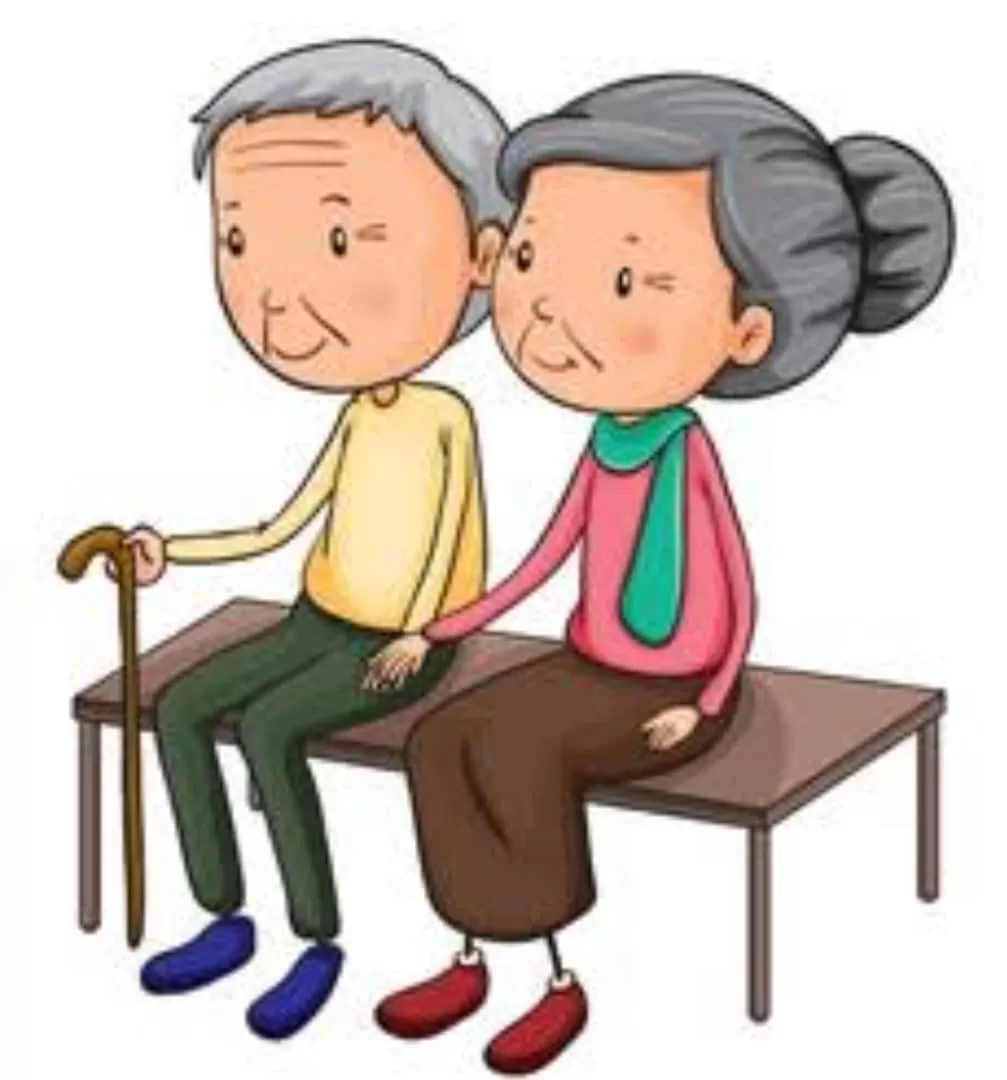Longevity is the achievement of a long life. We may hope for longevity so that we can experience many years of quality time with loved ones or have time to explore the world. But living to a ripe old age doesn’t necessarily mean healthy or happy longevity if it is burdened by disability or disease.
Older adults who didn’t wish to become centenarians cited reasons of poverty, loneliness, and lack of purpose. They feared developing a physical disability, dementia, or pain or becoming dependent and therefore a burden to others. Additionally, respondents said it was unnatural or that they felt complete in their life’s work.
Experts predict that the number of centenarians — people who live to be at least 100 years old — will continue to rise in the coming decades. While genetics play a large role in healthy aging, physical activity, social support and where you live also can influence your chances for living a very long life
The question behind the question of how long you’d like to live, is what will be your quality of life?
Do I want to live to be 100? Do you?
“I thought I did. I mean, why not? I envisioned a relaxing old age of books, movies, great-grandchildren, gossiping with the other elderly folks. The longer we can put off death, the better, I figured.”
But these days, I wonder.
When I was a kid such a long life was unimaginable. I’d never met anyone who’d lived to 100, or into their 90s, for that matter. In the 1960s, extreme old age seemed reserved for strange and exceptional people living on unfamiliar diets on faraway Pacific Island ” (Nicholas)
Previous research has shown that will to live is a strong predictor for survival among older people, irrespective of age, gender, and comorbidities. However, research on whether life at age 100 is perceived as worth living is limited. The available literature has presented evidence for good levels of positive attitudes and life satisfaction at such an advanced age, but it has also suggested that a longing for death is common. This study aimed to add to the existing data on this matter by exploring centenarians’ will to live and the associated factors. The sample comprised 121 centenarians (mean age, 101 years; SD, 1.63 years), 19 (15.7%) of whom were males, from two centenarian studies (PT100). Answers to open questions were analyzed to identify the centenarians’ will to live and the reasons behind it. Three groups were created (willing to live longer, not willing to live longer, no clear positioning) and further analyzed in terms of sociodemographic characteristics, health status, social functioning, and well-being. Of the total sample, 31.4% expressed willingness to live longer, 30.6% did not, and 38% presented no clear positioning. The presence of the Catholic religion (God) was referred for centenarians in all three groups. Annoyance, uselessness, loss of meaning, disconnection, and loneliness were the most common justifications for being reluctant to live longer. Positive valuation of life and good self-rated health, followed by having a confidant and reduced pain frequency, were the factors associated with being willing to live longer. The results of the study contribute to the understanding of the psychological functioning of individuals with exceptional longevity, particularly concerning the factors behind willingness to live at such an advanced age.
Reference : Age and Ageing, WHO reports











